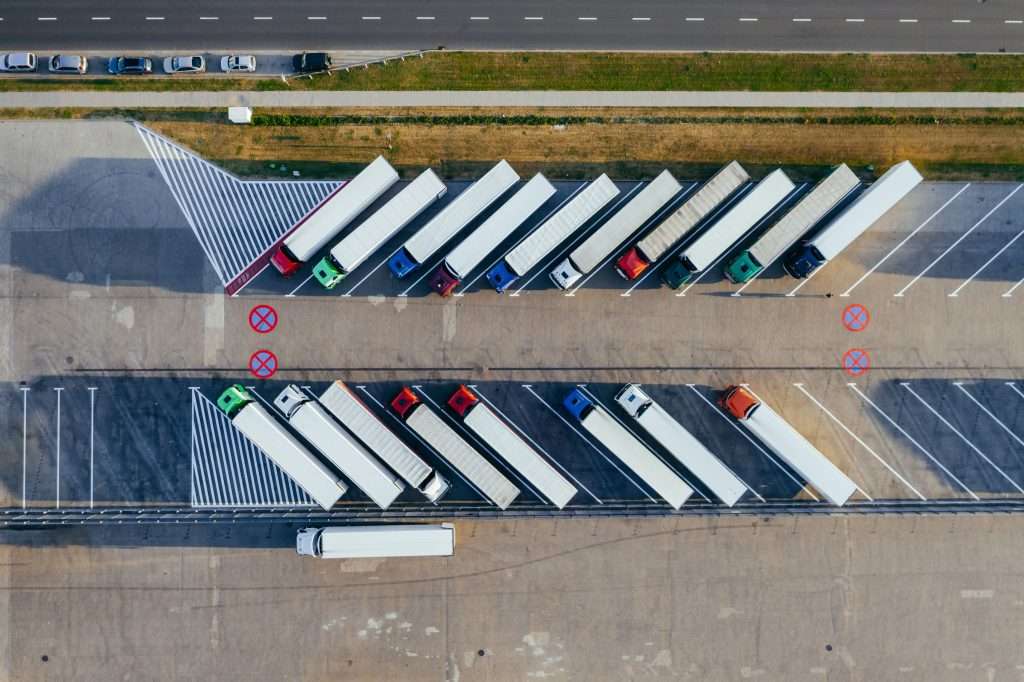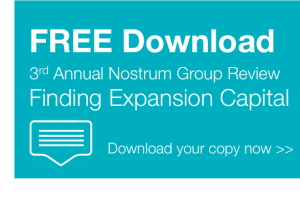

The transport and logistics industry has been dubbed the ‘unsung heroes’ of the COVID-19 pandemic. It has continued to work tirelessly throughout all three lockdowns, hauling everything from food for the supermarkets to vaccines for vaccination centres.
The industry’s importance was underlined in January when the Department for Transport confirmed that those working in the sector were considered ‘critical workers’. However, although it’s been instrumental in keeping things moving when everything else ground to a halt, it has been far from plain sailing for the industry during the pandemic.
Following surveys by the Road Haulage Association, it was revealed that:
- 73% of firms said their cash flow has significantly reduced or worse (13% had no cash flow)
- 83% said work volumes had significantly reduced or worse (22% had no work)
- 88% said backloads are significantly reduced or worse (50% have no backloads)
- 15% of operators had applied for the Coronavirus Business Interruption Loan Scheme (CBILS) but 95% of those saw their applications rejected by banks and other lenders
How asset finance has helped keep the industry moving
While the transport and logistics industry has been keeping critical (and less critical) supplies moving, asset finance has been key to this effort by offering firms a means to expand or upgrade their fleets.
With cash flow and volumes taking significant hits, the asset finance sector has enabled hauliers to make investments in their fleets and warehouses without having to drain cash reserves at what is an uncertain time.
It’s not just hard assets (vehicles) that firms have turned to lenders to finance, but soft assets too. Everything from GPS tracking units and dash cams for vehicles, to racking and computer devices for warehouses have been funded using asset finance during the pandemic.
It depends on the lender, but Shire Leasing has the appetite to fund almost anything business-related. With an own book value of over £130m, relationships with many funders and a range of asset finance solutions and equipment leasing options, we have the ability to fund even the most unique business requirements.
What are the top benefits of asset finance?
There are good reasons behind why the transport and logistics industry has turned to asset finance for both hard and soft assets throughout the pandemic.
Help your cash flow
Leasing the equipment means you don’t have to use up your cash reserves to get the equipment your business needs to remain competitive. It’s never been more important to protect cash reserves and try to maintain a positive cash flow.
Pay as you use leased equipment
It makes much more sense to spread the cost of your equipment across its working life – e.g., three to five years – as opposed to stumping up the capital outright, especially right now when revenues are fragile.
Reduce your tax bills
Finance lease rental payments are tax deductible against your profits, meaning that they attract tax relief for the duration of your lease agreement. Your business’ accountant will be able to advise you on how this can reduce your tax bill.
Lease your equipment with Shire Leasing
At Shire Leasing, throughout the pandemic, we have helped businesses from the transport and logistics industry get the equipment they need to keeping moving forwards.
We aim to be as flexible as possible with our payment options, which can prove invaluable in uncertain times such as these. We understand that your cash flow needs protecting through this unpredictable period, which is why we offer tailored finance solutions to suit your business’ unique requirements, such as our new Low-start Lease.
Get in touch today to find out more about how our finance and leasing solutions can help your business navigate the ongoing challenges and threats presented to it.



